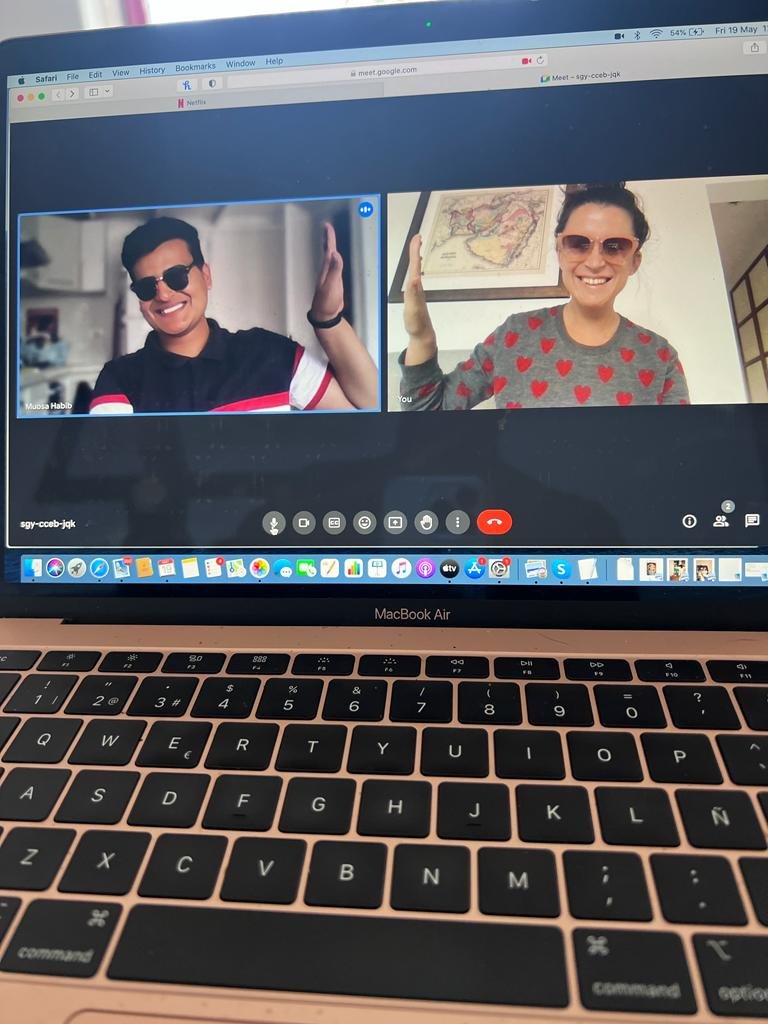
A Year of Pain: The Long Shadow of the Palestinian Conflict
For over a year, we have witnessed the massacre endured by the Palestinian people. Despite numerous UN demands to cease the violence, Israel, backed by the United States and other Western countries, continues its brutal offensive—not only against Palestinians in Gaza and the West Bank but also affecting the broader region, with Lebanon being one of the hardest hit.

My start in 26 Letters’ Arabic program
I always have been interested in learning new languages and cultures. I always wanted to learn Levantine Arabic, but had never had the opportunity to do so.
My husband is Lebanese, and I wanted to be able to communicate with him in his native language. One day, while browsing the internet, I came across an amazing NGO called 26 Letters.

The Struggle of Syrian Students
Lebanon has long been a host to Syrian refugees, including thousands of school-age children. However, registering in public schools as Syrian is increasingly challenging, creating a dire situation for thousands of students. While public education in Lebanon may not always meet the desired standards, it remains a free option for families. Unfortunately, the only alternative for many is enrolling their children in semi-private or private schools, which come at a substantial cost. With a full school year often exceeding what many families earn in several months, accessing quality education has become an uphill battle for Syrian students in Lebanon.

Denied the Right to Love
Injustice in Lebanon prevails. From toying with the investigation of the August 4th, 2020 port explosion to the government standing-by as the Lira devalues every day, justice is one of the most fundamental human rights robbed of the people in Lebanon. Amid that public, there is a group of individuals unrightfully abused and often sidelined in the fight for human rights. Advocating for their right to love, that group is the LGBTQ+ community.

Equal before the law… but in practice?
As Lebanon increasingly suffers from a plethora of crises, its population drowns further in a sea of financial burdens. Consequently, fundamental human rights — namely access to sanitary water, food, healthcare, education and a job that secures basic standards of living — are robbed by an inefficient state, unable and unwilling to rescue its drowning ship. Even worse, individuals face disproportionate impacts on the basis of several factors, such as race, citizenship status, socio-economic background, and gender — the focus of this piece.

